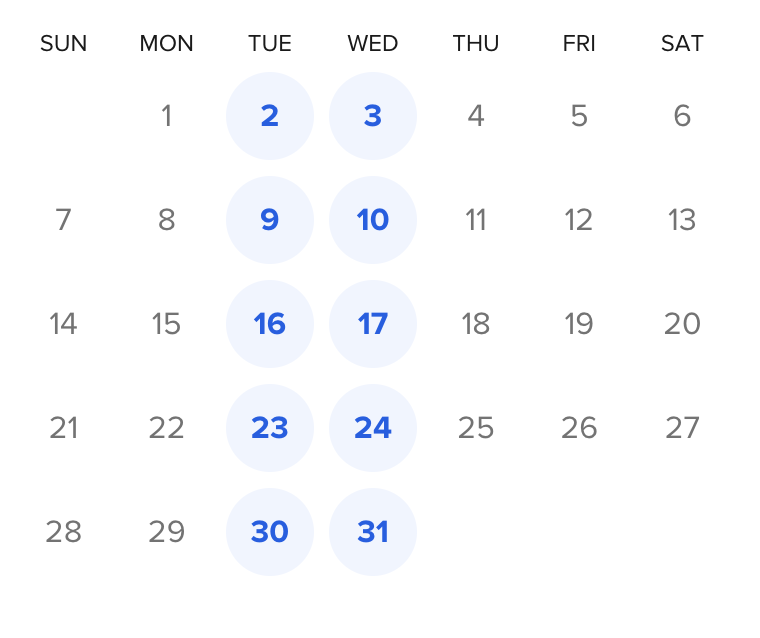High cholesterol levels can boost the risk of heart problem and also various other cardiovascular problems. While medicines can help manage cholesterol, making dietary optiheart cosa è adjustments is a crucial step in preserving healthy cholesterol degrees. This post will certainly offer you with useful information and sensible tips on exactly how to lower cholesterol via your diet regimen.
Understanding Cholesterol
Cholesterol is a waxy substance produced by the liver and also gotten from particular foods. It plays a crucial role in the body by aiding to build cell membrane layers, produce vitamin D, and also manufacture hormonal agents. Nonetheless, way too much cholesterol in the bloodstream can bring about plaque build-up in arteries, increasing the danger of cardiovascular disease.
There are two sorts of cholesterol – LDL (low-density lipoprotein) as well as HDL (high-density lipoprotein). LDL cholesterol is often referred to as “poor” cholesterol as it contributes to plaque formation. HDL cholesterol, on the various other hand, is called “excellent” cholesterol as it aids get rid of LDL cholesterol from the blood stream.

Feeling STUCK with JIRA / Agile ?
Schedule 1-on-1 Session with Anatoly and His Team and Get Instant HELP!!!!
By taking on a heart-healthy diet plan, you can successfully decrease LDL cholesterol degrees and also increase HDL cholesterol degrees.
Key Dietary Guidelines
1. Decrease Saturated and Trans Fats:
Saturated and trans fats discovered in animal products, fried foods, and also refined treats can boost LDL cholesterol levels. Replace these undesirable fats with much healthier choices such as olive oil, avocados, nuts, as well as seeds. Also, go with lean resources of healthy protein like skinless fowl, fish, as well as beans.
2. Include Healthy Fats:
Omega-3 fats, found in fatty fish like salmon, tuna, and mackerel, have been revealed to reduce LDL cholesterol. Various other resources of healthy fats ce este keramin consist of flaxseeds, chia seeds, and also walnuts. Incorporate these right into your diet to advertise heart wellness.
3. Increase Fiber Intake:
High-fiber foods help reduced cholesterol degrees by binding to cholesterol in the digestive system, stopping it from being taken in into the blood stream. Choose entire grains like oats, barley, as well as wild rice, along with fruits, vegetables, and vegetables.
- Delight in a dish of oat meal topped with fresh berries for breakfast.
- Treat on raw veggies with hummus.
- Add lentils or black beans to salads, soups, or stews.
4. Take In Plant Sterols:
Plant sterols are compounds naturally discovered in fruits, vegetables, nuts, as well as seeds. They have actually been shown to lower LDL cholesterol degrees. Consist of foods strengthened with plant sterols, like specific margarines and yogurts, in your diet regimen.
Extra Nutritional Considerations
1. Limit Salt Intake:
Too much salt consumption can add to high blood pressure, enhancing the threat of heart disease. Restriction your salt consumption by preventing processed foods, canned soups, and also junk food. Usage natural herbs, spices, as well as citrus juices to include taste to your dishes instead.
2. Modest Alcohol Intake:
While moderate alcohol usage may have some heart benefits, too much drinking can bring about high cholesterol and other illness. Limitation alcohol consumption to no more than one beverage daily for females and also two beverages per day for men.
3. Preserve a Healthy And Balanced Weight:
Being overweight or overweight can raise LDL cholesterol levels. Aim for a healthy and balanced weight by following a well balanced diet plan and engaging in regular physical activity.
Verdict
Decreasing cholesterol via diet regimen is a positive way to protect your heart health. By including these dietary guidelines into your regimen, you can successfully lower LDL cholesterol degrees as well as enhance total cardio wellness. Remember, consistency and moderation are crucial when it involves maintaining a healthy lifestyle.
Constantly consult with a medical care expert or licensed dietitian prior to making considerable nutritional modifications or beginning any type of brand-new diet strategy.
